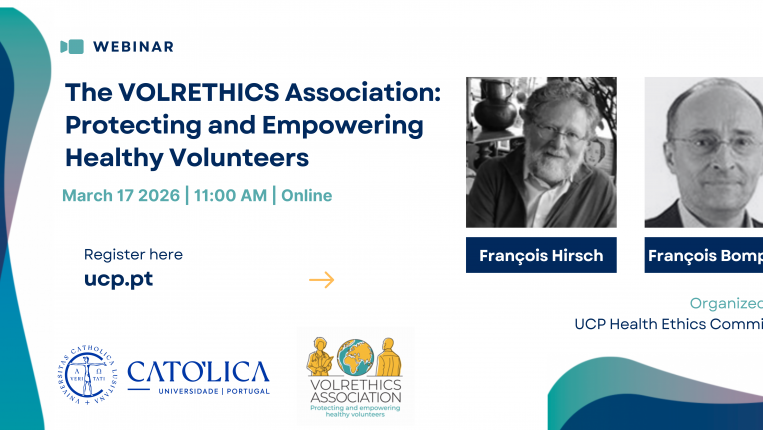This CU is of the modular type and is taught three times a year to one group of students at a time.
Intended learning outcomes (knowledge, skills and competences to be developed by the students):
To acquire knowledge in the field of Family Medicine and Public Health.
- Discuss different perspectives in approaching the clinical case and the patient
- Discuss risk factors for individual health; understand the concept of disease prevention and its application in the context of Family Medicine and Public Health.
- Understand how the individual context can affect the course of the disease and know the interventions needed to prevent long-term harm.
- Understand the concept of lifelong follow-up health care.
- Understand the concept of quality of care.
- Understand the role of Family Physicians and Public Health, integrated in the SNS and in society as a whole.
- Know the etiology, diagnosis and treatment of common diseases. Develop and evidence clinical reasoning.
- Be aware of the most common chronic diseases and the specific aspects of co-morbidity.
- Knowledge of health care and ethics in the context of prevention, chronic diseases and end-of-life care.
Syllabus:
Key disciplines: Family Medicine, Social Medicine, Pharmacology, Rehabilitation Medicine, Sports Medicine, Care for Persons with Mental Disabilities, Epidemiology, Ethics and Law, Physiology, Medical Microbiology, Geriatric Medicine.
Key words: public health, health risk factors, prevention, participation, aetiology, continuity of care, lifetime medicine, quality of care, health care system, multimorbidity, primary care.





